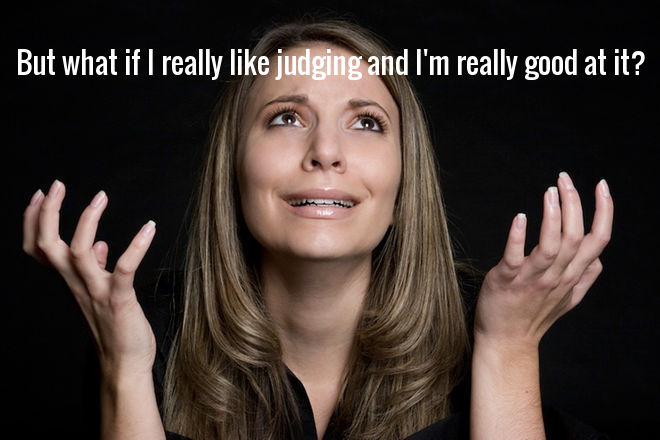This review was written for and published in the July 2019 issue of The Burning Bush, the monthly newsletter of Franklin District of Lancaster Mennonite Conference.
One of my favorite stories in the Old Testament is the story of the golden calf. The Israelites, having been miraculously freed from slavery in Egypt, start their journey to the promised land. Moses goes up to the mountain to consult with God, and the people waiting below grow restless and fearful.
They cannot handle the uncertainty. They were promised safety and prosperity in a new land. Why hasn’t God given it to them? Eventually they settle on a very human solution. They create a god who will serve them.
The Old Testament presents us with a collection of complex narratives centered around a complex God and too often we take the golden calf approach to the Old Testament. We melt down these ancient Hebrew stories and reform them into something more comfortable for modern American life. Like the Israelites, we want a god who will serve us. A god who thinks the way we think and values the things we value.
We have a tendency to reduce the Old Testament to a series of parables instead of wrestling with the narrative as a whole, and that is why we need books like Fire by Night: Finding God in the Pages of the Old Testament by Melissa Florer-Bixler. 
The author does not ignore the ancient context, but wraps it within her own experiences with her community in Raleigh, North Carolina where she pastors a small Mennonite church. The messiness and brokenness of humanity is a constant from age to age, and so is the need for a God who speaks to that messiness and brokenness.
With chapter titles such as “God of Victims,” “God of Wanderers,” and “God of Darkness” Florer-Bixler draws close to the characters in the Old Testament who were lost, cast aside and forgotten. She does not offer easy answers, but instead circles around the theme of God’s constant presence and intervention on behalf of the oppressed.
My favorite part is how the book ends with the story of Ruth and Naomi. The author points out that unlike many of the stories in the earlier chapters there is no divine intervention for these two widows. There is no manna from heaven, there is only the local welfare system standing between them and starvation.
But then Florer-Bixler reminds us that God is present in Ruth, who could have abandoned Naomi and gone back to her own people. God is present when Naomi rails against the unfairness of a society that sees her as a burden. God is present when Boaz shows kindness to a foreign woman. Ruth, the ancestor of David and later of Jesus, reminds us of the presence of God in our actions and in our relationships with one another. The Old Testament, as Florer-Bixler concludes in the final pages, is “a story with flesh and bone.”
Fire by Night is frequently a surprising book, drawing parallels and exploring themes in the Old Testament that remind us that God’s ways are not our ways. The way the book is structured makes it well suited for a discussion group or a Sunday School class, and is sure to provide new perspective on familiar stories.


